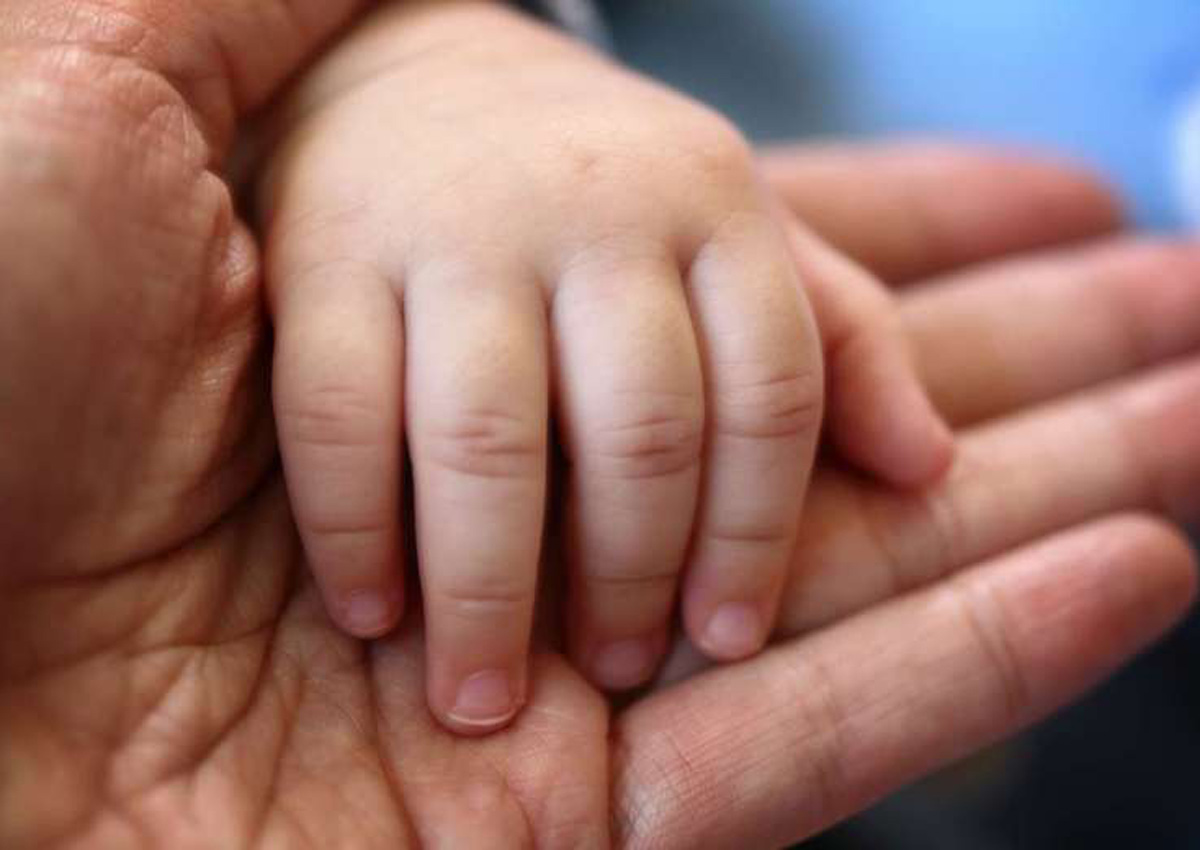Madam H. Tan, 37, was over the moon when she became pregnant with twins after undergoing in-vitro fertilisation (IVF) two years ago.
But a routine check-up left the logistics specialist grief-stricken. She had miscarried one of them.
With Singapore reviewing its laws on genetic screening of embryos to ensure they have the right number of chromosomes, doctors and potential parents hope there will be fewer miscarriages like Madam Tan’s.
She said: “This will put couples at ease, especially when the woman is above 35 and the quality of her eggs is a concern.
Going through IVF can be emotionally and financially draining.”
She said that couples undergoing IVF are made aware only of the “grades” of the embryos. Hers were grade A -, the highest quality.
“However, there is still no way of knowing about other defects.”
Pre-implantation genetic screening (PGS) of embryos for IVF has long been disallowed by the Ministry of Health (MOH) as its effectiveness was “unclear”.
There was also a risk it would be used to select embryos for non-medical reasons, such as gender.
Some religious groups oppose it as embryos found to be “defective” will be destroyed.
But with new technologies, the MOH is relooking the issue. It announced last week it will review the clinical effectiveness of PGS in a three-year trial to start next year.
It will also look into the ethical concerns and regulation, and consult the public for their views.
An old method of PGS was able to check embryos for only a few chromosomal abnormalities, said Dr Loh Seong Feei, medical director of Thomson Fertility Centre.
New methods can now test all 46 chromosomes in an embryo.
Embryos found to be chromosomally normal can be selected, reducing the risk of miscarriage and eliminating the risk of chromosomal abnormalities.
One concern is that genetic screening of embryos could lead to selecting them based on non-medical reasons, or selecting desirable genetic traits in offspring.
Assistant Professor Tamra Lysaght from the Centre for Biomedical Ethics at the National University of Singapore said this raises “concerns about the stigmatisation of disability in society”.
Some chromosomal abnormalities cause conditions that compromise the embryo’s survival; others result in Down syndrome.
But she said it is important not to lose sight of the goal, which is to help couples conceive in cases where the woman’s fertility is diminished or compromised.
Religious groups are mixed in their reactions.
Singapore Buddhist Federation’s president, Venerable Seck Kwang Phing We, said it has “no objections, as this is a precautionary screening before implantation”.
Others have more fundamental objections. The Catholic Church considers IVF illicit to begin with.
Reverend Father James Yeo said: “Any pre-implantation genetic screening vis-a-vis an IVF treatment is deemed illicit, too, especially when it involves spare embryos and any risks posed to the life of embryos in the screening process.”
The National Council of Churches said it does not have any serious objections to PGS, but it is “concerned that this procedure will be used to select only ‘normal’ or ‘healthy’ embryos for implantation”.
“The council would regard PGS as immoral if it leads to the destruction of defective embryos,” said a spokesman. “To eliminate or destroy ‘undesirable’ human embryos is to already put into practice a form of eugenics.”

This article was first published on November 15, 2016.
Get a copy of The Straits Times or go to straitstimes.com for more stories.






